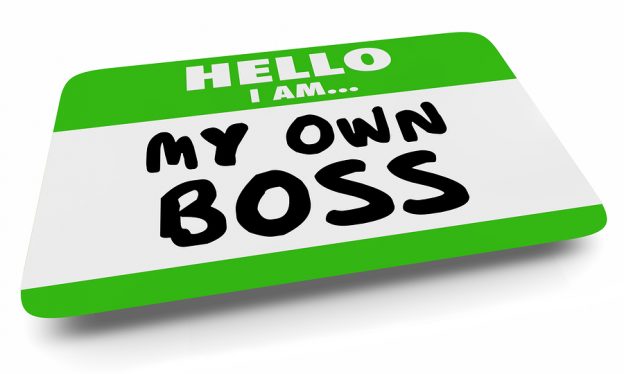
HMRC are administering a host of new schemes and amending existing regulations to help all taxpayers. For the self employed, they have allowed a delay to July’s self assessment Payment on Account and set up a self employed income support scheme.
Who pays tax through the self assessment scheme?
People who are self employed do not pay income tax and NICs through PAYE, as employed people do, so they must complete an annual self assessment tax return. Once HMRC have received this, they issue a tax bill to that individual, with a deadline for payment.
Self assessment tax returns are necessary for directors of large companies, owners of SMEs, child benefit claimants and people with investments. It is up to you to know if you need to go through the self assessment process and to complete all the paperwork correctly.
What does Payment on Account mean?
Payment on Account is part of the self assessment tax paying process.
Before you click submit, you can go to the review your calculation section of your completed tax return and see how much your tax bill is going to be. The whole document is processed by HMRC within 72 hours after you send it.
There are two payment amounts:
- Balancing payment: this is the total tax bill you owe for the previous tax year
- Payment on account: additional payments towards your next year’s tax bill, like an advance payment
Payment on account only applies to tax bills over £1,000. It does rather muddy the waters when it comes to trying to work out the total you actually owe. If you made a Payment on Account last year, it goes towards this year’s tax bill.
This means that you need to deduct that amount from your total to see what you actually still owe HMRC. Most people complete their tax return online, so you can view your personal situation in your personal tax account. All your previous year’s Payment on Account figures will be there.
There are exceptions. You will not have a Payment on Account set up if you had less than £1,000 tax bill on your last self assessment tax return and you’ve already paid 80% of the tax you owe.
What change has been made to the Payment on Account situation?
Payment on Account amount is usually half of your previous year’s tax bill, due in two instalments: 31st January and 31st July. You’ll have already paid January’s, it’s the July figure that is being changed.
Businesses are under extreme pressure due to the consequences of the COVID-19 crisis. In order to ease their cash flow, the government have delayed July’s Payment on Account. This doesn’t mean that you don’t have to pay it at all. But it does mean that you can use the money put aside for July’s payment now, and settle with HMRC in January 2021.
What is the self employed income support scheme?
This scheme is designed to help self employed people who are struggling with money during the lockdown. You can apply for a taxable grant, to the value of 80% of your trading profits, with a ceiling of £2,500 per month. This is currently available for three months, but the government have confirmed that there is the flexibility to extend it, if the ongoing health emergency deems it necessary.
It is extremely important to note that you must have submitted your 2018-19 self assessment tax return by 23rd April 2020 in order to be eligible for this grant.
If you have any questions about how HMRC’s support is applicable to your situation, do give us a call. We are open as usual, with all the necessary safety procedures in place.





